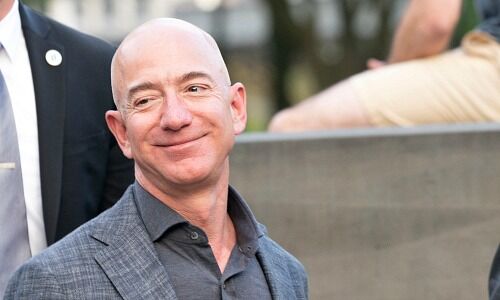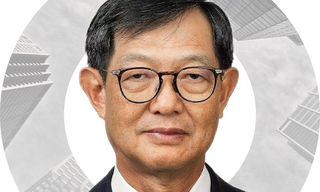Is the size of your personal fortune relevant when you are being outplayed by a billionaire? Checkmated by two fellow billionaires within the span of a week, Jeff Bezos may well find the answer is an uncomfortable one.
A friend who works in private equity reached out last week for any insights I may have on «the Amazon experience in India». In particular, he worried about what the spectacular public relations debacle that was Jeff Bezos’ first visit to the country might signal to other foreign investors. It is flattering but entirely unfounded to think that I may have privileged information on a situation of this scale, but I suppose desperate times call for desperate measures.
While he may be wrong about where he gets his advice from, my friend is right to be worried. Data from the Reserve Bank of India shows that in the 11 months to November 2019 (the last available month of published numbers), sovereign wealth funds, private equity vehicles like the one he runs, venture capitalists and plain old rich folk put $34 billion towards buying stakes in Indian companies.
That is 34 billion reasons to believe India is open for business. Why then did Indian premier Narendra Modi refuse to meet with Jeff Bezos, arguably one of the single largest foreign investors in the country?
Billion Dollar Snub
Pictures of the world’s richest man standing alone on a podium in silk clothes fit for an Indian groom made the headlines and it was difficult not to assume he had been abandoned at the altar. When he subsequently put his hands together in a traditional «namaste» and pledged to invest another billion dollars in India, an Indian trade minister retorted with «it’s not as if they are doing India a great favor».
Reeling from the billion-dollar snub, Bezos may well be asking himself what went wrong? He is certainly asking it of his exorbitantly paid team of advisors.
The Ambani Effect
Bezos’ miscalculation lies not with the size of the opportunity India presents – e-commerce sales totaled $120 billion at the end of 2019 and are expected to grow 50 percent over the next year – but with the dangers of picking a fight with a fellow billionaire. Even a lesser one. Amazon’s India ambitions put it on a headlong collision course with Reliance Retail, India’s largest retailer by revenues, spearheaded by fellow-billionaire Mukesh Ambani.
The full force of Ambani’s $60.4 billion fortune catapulted him into the world’s Top 10 richest but Bezos still dominates that list with $110.8 billion. However, a $50 billion edge proved not to be enough of a buffer against Ambani’s home-ground advantage.
Bezos need not have flown 7,000 miles to learn that lesson. Vodafone or Cairn Energy, both of which fell foul of the law in India in an unprecedented retrospective ruling and are bleeding billions could have illustrated the point well. Amongst themselves Cairn, Vodafone and Amazon, span the three segments that make up the bulk of Ambani’s fortune – energy, telecoms, and retail.
Not All Billionaires Are Created Equal
In theory, it would be reasonable to expect a new-age liberal technocrat who’s vanity project is one of the world’s most respected political newspaper to win any contest against an old-economy oil and gas man who lives in the world’s most expensive private residence after Buckingham Palace.
But then as a certain royal who managed to hack into Bezos’ phone and siphon information with a view to blackmail the world’s richest man will tell you, not all billionaires are created equal.




















